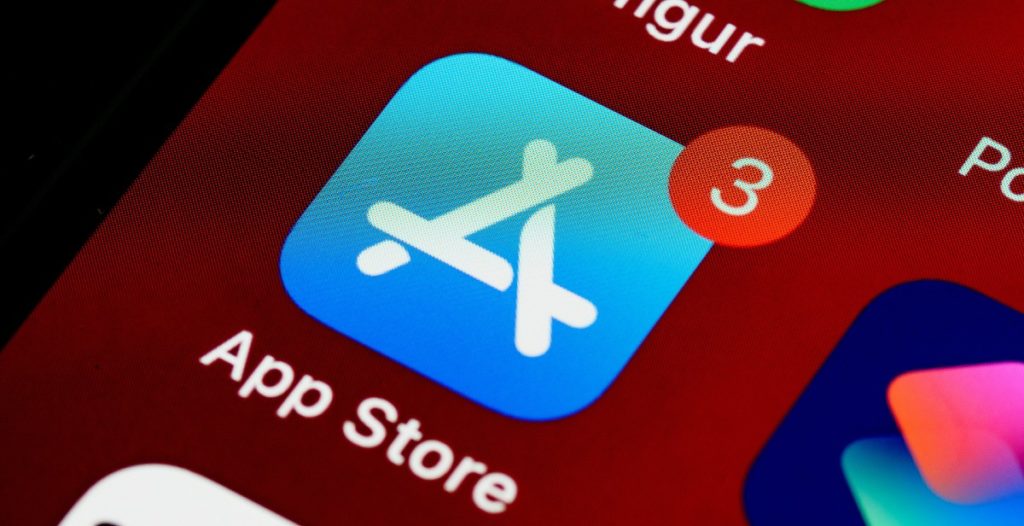Apple is taking steps to begin opening up iPhones and iPads to third-party app stores, according to a report from Bloomberg, in preparation for the EU’s Digital Markets Act coming into force in 2024.
Apple has historically only ever allowed users to download apps to Apple devices through its own App Store. Acting as the sole app gatekeeper on the world’s most popular smartphones and tablets has enabled the company to charge thirty percent commission on any payments received by apps on Apple devices. It’s also powered Apple’s own advertising business, since sponsored placements within the App Store can effectively reach all Apple users.
But the Digital Markets Act, a piece of EU legislation designed to counter monopolistic behaviour among the largest of the tech giants, will require more openness and interoperability with mobile ecosystems when it comes into 2024. The legislation specifically requires that mobile users can download apps via alternative app stores, not just whichever one comes preinstalled on their device.
And Apple looks set to comply. According to Bloomberg, software engineers at Apple are actively working to make it possible to download apps without the App Store – though it’s not clear whether this would be enabled outside the EU.
Good news for advertisers?
The news would be a significant win for apps reliant on in-app purchases.
Epic Games, creator of popular video game Fortnite, took Apple to court last year over its policy of charging a 30 percent fee on in-app purchases. Epic and other app developers have argued that Apple is effectively abusing its strong position in the mobile device market in order to extract unfair fees from developers.
It’s less clear however whether this change would be positive for advertisers, and therefore for ad-supported apps.
Apple’s control over its mobile advertising identifier comes from its ownership of the device, not from the App Store. So opening up to third-party app stores wouldn’t have any impact on Apple’s App Tracking Transparency policy, which requires apps to ask for explicit consent in order to use its Identifier For Advertisers (IDFA). While Apple couldn’t prevent apps which don’t ask for consent from being downloaded, it could just deny those apps access to IDFA.
Opening up access to third-party App Stores would open up more direct competition to Apple’s own advertising business. This could bring down prices, making it cheaper for apps to promote themselves. But at the same time, the presence of third-party app stores could hamper the effectiveness of Apple’s SKAdNetwork attribution tool, since it ties in directly with the App Store. SKAN has become a key tool for mobile advertisers in the absence of IDFA. Any dents to its effectiveness could be costly.
Of course, the overall impact would be determined by how much iPhone and iPad users actually use third-party app stores. Apple customers are very used to Apple’s App Store, and wouldn’t necessarily feel the need to use any others (except for apps not available on App Store). But Epic ran a publicity campaign over its feud with Apple at the start of its lawsuit. Epic, and other developers, may well push users to download apps from outside the App Store in order to avoid Apple’s 30 percent fees. They could even incentivise users to do so, for example by offering lower prices on in-app purchases, enabled by the loss of the Apple tax.





